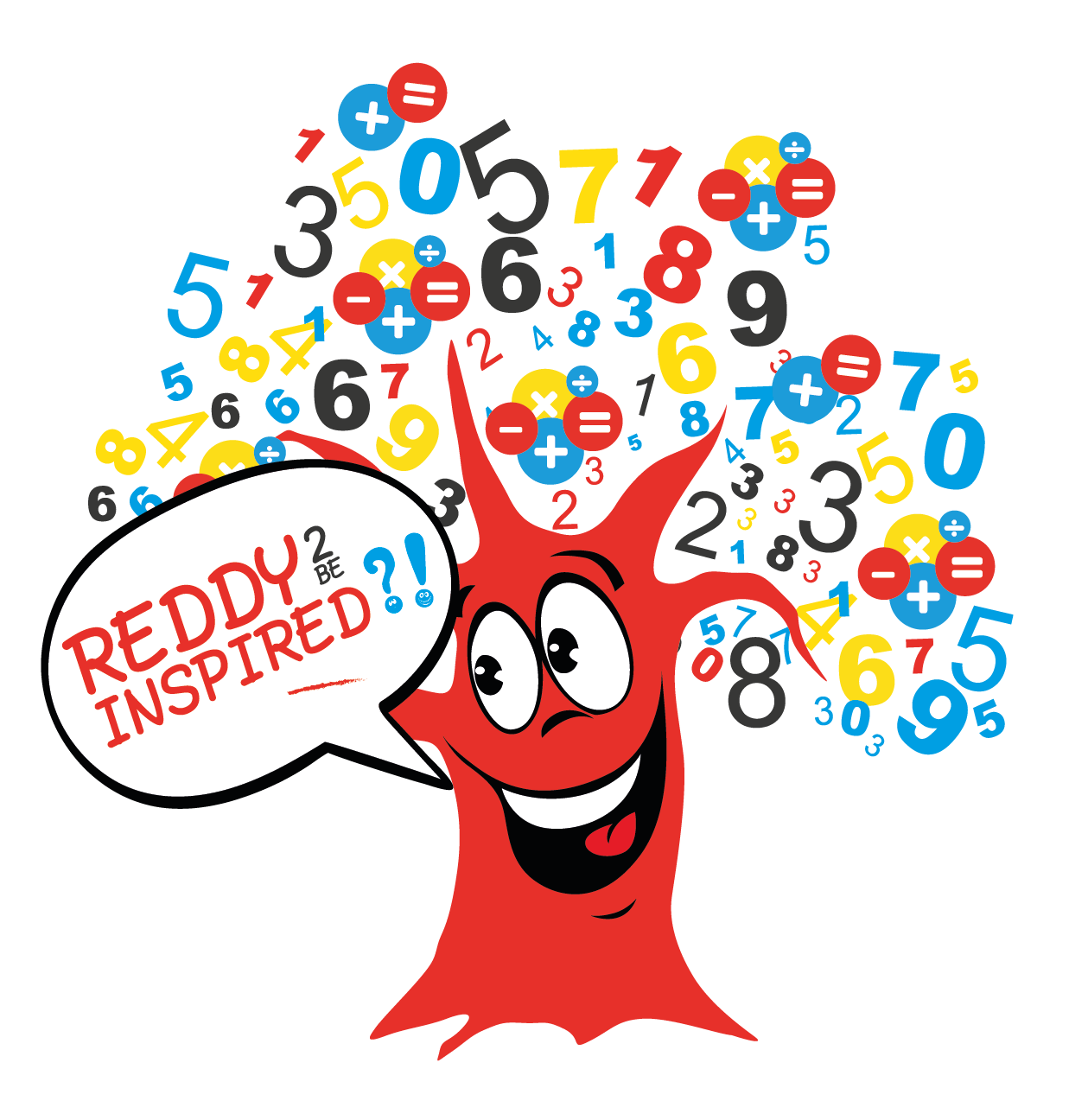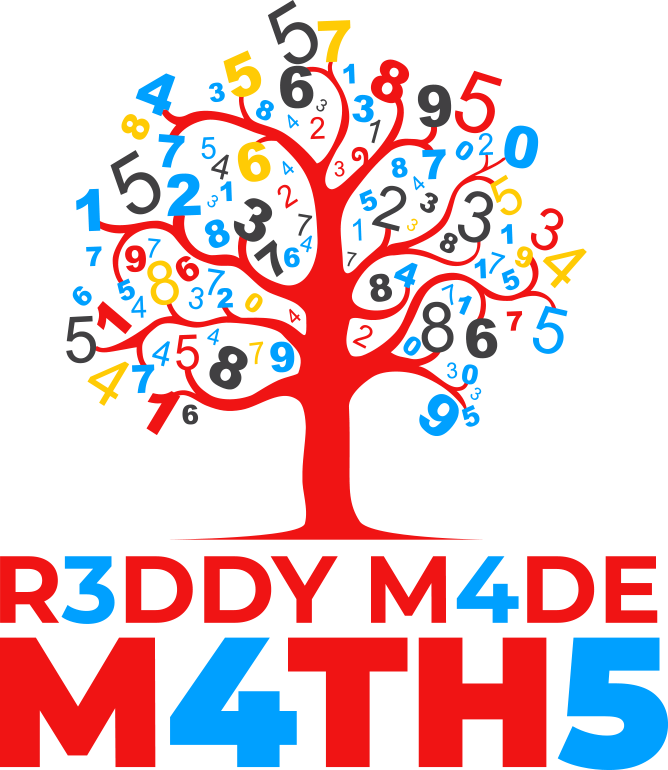Training Days and CPD Sessions
Exceptional Mathematics Training to Inspire, Inform & Enthuse!
Training Days and CPD Sessions
Exceptional Mathematics Training to Inspire, Inform & Enthuse!

Training Days and CPD Sessions
Exceptional Mathematics Training to Inspire, Inform & Enthuse!


For over 25 years, across the length of the country (and abroad), Reddy Made Maths has been providing high-quality, bespoke mathematics training days and packages for:
- Schools
- MATs, Cluster Groups & Networks
- Local Authorities & Hubs
- Teacher Training Establishments
Covering all aspects of maths from early number sense to whole school mastery, we provide an extensive range of superb training sessions which equip staff to create fun, inspirational maths lessons for children of all ages and abilities.
Reddy Made Solutions
Practical, hands-on sessions for all teaching staff
Dynamic, engaging and interactive delivery
Tried and tested ideas and activities in all areas of primary maths
Builds deep understanding, creativity and confidence
Professional, Dynamic & Inspirational Maths Training & Support!
Reddy-Made Maths provide high quality CPD in both the subject knowledge and the pedagogy of teaching mathematics. All sessions include the use of a wide range of manipulatives, resources and imagery, enabling participants to visualise and ‘play’ with the mathematics.
Feedback from Headteachers & participants on Reddy Made Maths training is always highly positive, emphasising not only the interactive and engaging delivery and high level of subject expertise, but also the instant effect on classroom teaching.
Reddy Made Maths ideas have an immediate impact on both teachers, practise and children’s understanding
Head Teacher, Salford
MAT / Cluster Support – Sharing Costs
Whether working in larger groups and sharing funding or arranging half day sessions where participants ‘swap’ at lunchtime to save on supply, Reddy Made Maths can support MATs / clusters of schools in organising outstanding mathematics training at substantially reduced costs
- INSET Days
- Cluster / MAT Training Packages
- Conferences
- CPD Workshops
- Staff Meetings / Twilights
- ECT / TA Training
- ITT Training Programmes
Professional, Dynamic & Inspirational
Maths Training & Support!
Reddy 2 Be 1nspired?
Training Days, Courses and CPD Sessions
Click the + buttons below to open and view the course information.
Mastery & CPA
This course will provide advice, support, ideas and resources for the teaching of mastery and depth in mathematics across the primary phase. It aims to support staff in establishing the principles of teaching a wider and deeper curriculum that leads to number fluency and arithmetic proficiency.
A key element of this training will be advice towards the development of ‘number sense’ as a whole school system for conceptual understanding and fluency, comprising place value, models & images, rigorous use of correct mathematical vocabulary, flexibility in calculation and problem solving.
This course will:
- Identify the key principles behind mastery embedded in the mathematics curriculum
- Examine and model the key teaching approaches and pedagogy that will best help schools successfully deliver the mathematics curriculum, including CPA and high expectations for all.
- Exemplify the practitioner’s need for a greater depth of subject knowledge in order to take children deeper in their mathematical experience.
This course aims to equip Early Years practitioners with an understanding of the principles behind the mastery approach and how they can be embedded within the Foundation Stage curriculum for mathematics. Participants will explore place value, models & images, rigorous use of correct mathematical vocabulary and problem solving.
This course will:
- Examine and model the key teaching approaches and pedagogy that will help children in the Foundation Stage develop a strong Sense of Number and shape through Mastery
- Explore the development and application of CPA, problem solving skills and reasoning in the Early Years.
- Exemplify the practitioner’s need for a greater depth of subject knowledge in order to take children deeper in their mathematical experience.
This course is ideal for anybody within Early Years settings or KS1 who are looking to explore a wide range of ways in which children can be taught to really understand how numbers are created. Extending the range of resources and manipulatives that are used within the classroom, and promoting a high level of number recognition will raise standards and give children far more confidence when faced with calculations in Key Stage 2.
This course will include: –
- An understanding of how children initially learn basic mathematical skills and make connections in the early number system.
- Exploration of a wide range of models, images and manipulatives to give children a secure understanding of our number system
- How to develop a child’s early sense of number and number concepts, including counting, numeral recognition, place value and a real sense of single and 2 digit numbers
4a: The CPA (Concrete-Pictorial-Abstract) Approach to Teaching Mathematics
This very practical course aims to help teachers become confident with practical resources, manipulatives and pictorial images, and how to use them effectively in their teaching of Mathematics. It aims to equip delegates with a substantial understanding of the power of models and images through the exploration of Base 10, Numicon, Number Rods, the Slavonic Abacus, 10 Frames, Number Grids, Place Value counters and a host of other great models and images.
The course will
- Identify why models and images are so crucial to embed learning within the teaching of maths
- Introduce, explore and evaluate a range of powerful resources that help children build up conceptual understanding, a sense of number and a model for calculation.
- Exemplify how the CPA approach can be used as a powerful tool to understand number, calculation, fractions, algebra, pattern building and problem solving.
This course can also be run as
4b: CPA and Models & Images in Key Stage 1
4c: CPA and Models and Images in Years 3 & 4:
4c: CPA and Models and Images in Years 5 & 6:
5: A Mastery Approach to Fractions, Decimals & Percentages: CPA, Visualisation & Using Manipulatives
5a: A Mastery Approach to Fractions, Decimals & Percentages:
CPA, Visualisation, Using Manipulatives & Reasoning
This course will outline a wide range of ways in which children can be given a far stronger understanding of what a fraction is, and the different ways in which it can be represented. It will present a selection of engaging ideas and visual images to address the common misconceptions and difficulties associated with fractions, and will provide teachers with a greater range of teaching approaches, models, images and activities to embed proportional reasoning.
- To examine the key teaching approaches and pedagogy that will best help teachers to successfully deliver fractions, decimals and percentages within the new curriculum
- To explore a range of concrete and pictorial representations for fractions, decimals and percentages that will develop children’s understanding
- To promote proportional reasoning through manipulation, discussion and depth of thinking
This course can also be run as
5b: A Mastery Approach To Fractions & Division in Key Stage 1
5c: A Mastery Approach To Fractions & Decimals – Years 3 & 4
5d: A Mastery Approach To Fractions, Decimals & Percentages in Years 5 & 6
Reasoning & Problem Solving
6a: Developing Mathematical Reasoning
The Mathematics Curriculum cites reasoning as crucial for higher order thinking and depth of understanding. This training event will focus upon whole school reasoning as a significant way to raising standards in mathematics, providing children with regular opportunities to discuss, explain, generalize, justify and prove.
This course will:
- Outline the need for reasoning as both short daily activities and as longer, more detailed approaches to extending and deepening the skills of problem solving
- Examine how reasoning can be developed through 12 specific strands, which can be adapted and embedded across the school
- Use reasoning challenges to take children into greater depth in their mathematical understanding, promoting the use of high-level vocabulary, talking maths, reasoning ‘prompts’ and extended dialogue.
This course can also be run as
6b: Progression in Mathematical Reasoning In EYFS
6c: Progression in Mathematical Reasoning In Years 1 & 2
6d: Progression in Mathematical Reasoning In Years 3 & 4
6e: Progression in Mathematical Reasoning In Years 5 & 6
This course is aimed at equipping teachers to understand how and in what ways they can extend deeper mathematical thinking within school. Key to the Mastery Approach is taking children deep into reasoning and problem solving. This course will transform how pupils can be developed into accomplished mathematical thinkers.
This course will enable participants :
- To discuss and understand the features involved in greater depth thinking in mathematics
- To be able to adapt specific problems to make them wider, deeper and more mathematically involved
- To discuss ways of developing reasoning and mathematical thinking within any activity
It is imperative that schools have a clear, progressive problem solving policy to ensure that skills are refined, embedded, and consistently applied in all classes.
This course highlights the need for children to organise their thinking, clearly display information, work systematically and use a range of problem solving strategies. It will provide a clear, defined structure for problem solving and will outline effective approaches for use in the classroom in all Key Stages.
The course will:
- Feature high quality and proven ideas for developing problem solving in mathematics, especially the development of systematic thinking.
- Exemplify key skills such as ‘finding possibilities’, describing patterns, logical thinking and collaborative approaches to solving word problems
- Highlight ideas for developing children’s perseverance, systematic working and the range of problem solving skills and types that they need to experience.
This course can also be run as
Problem Solving in Y1/2
Problem Solving in Y3/4
Problem Solving in Y5/6
This course will provide a selection of quality ideas, activities and strategies for developing speaking and listening, mathematical discussion and key vocabulary use. Participants will become much more confident in the use of quality questions that extend children’s thinking, and will be able to build different talk-based ideas into their weekly planning, using a range of recommended resources and texts
- To discuss a whole school approach to quality maths discussion and plan for structured mathematical dialogue within the classroom
- To develop mathematical discussion through the use of key vocabulary and speaking and listening skills
- To develop quality questioning within maths lessons that will enhance children’s mathematical understanding
The Bar Model approach to teaching is a distinctive feature of Singapore Mathematics that effectively bridges the gap between the use of concrete materials and abstract mathematics. It allows word problems to be presented in a visual way, aiding children in their analysis & interpretation of the problem.
This course will introduce the foundations of the Bar Model, the two main Bar Model types, explore Bar Modelling for proportional reasoning and help teachers to establish the Bar Model as a powerful problem solving tool in Primary Mathematics.
The course includes: –
- Introduction to the Bar Model – the power of concrete & visual representations
- Foundations of the Bar Model – Number Rods & the Number Bond Diagram.
- Opportunities to explore number relationships and proportional reasoning using Number Rods
- Key types of Bar Model: Part/Whole Model & Comparison Model
- Using the Bar Model for word problems across all four operations



